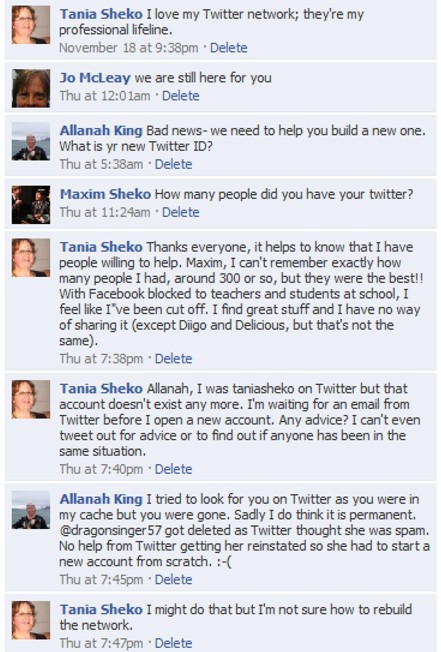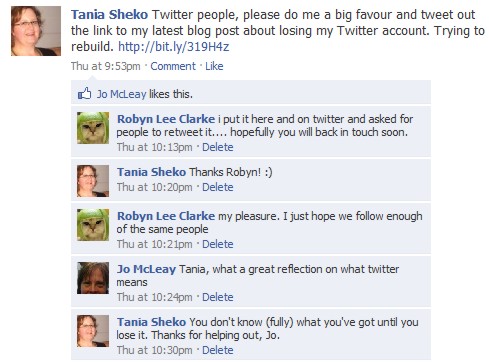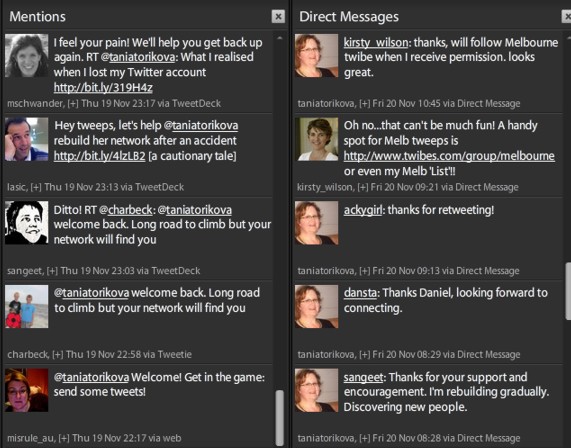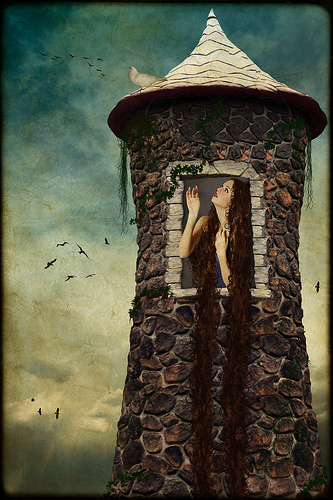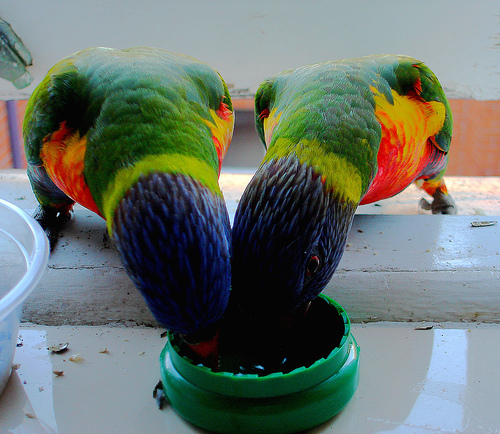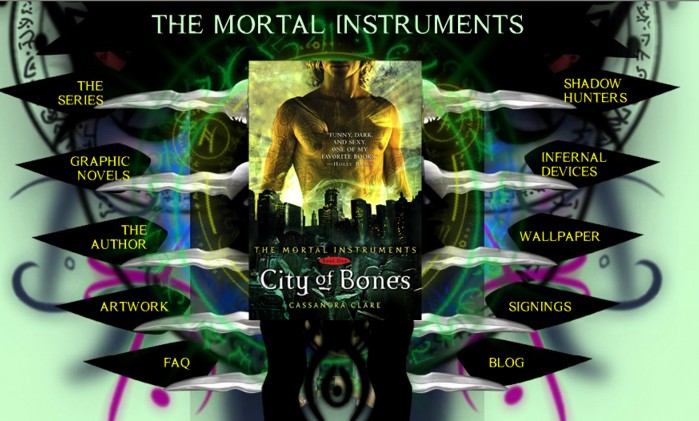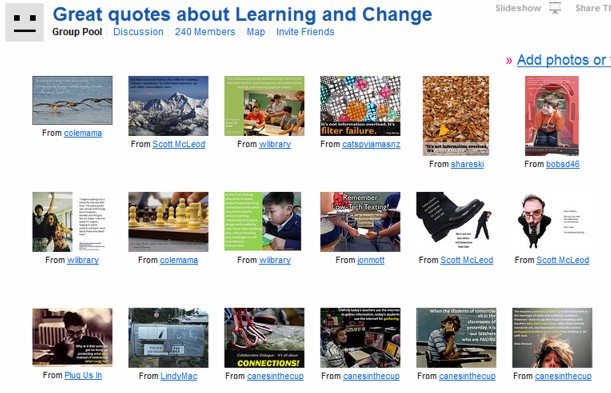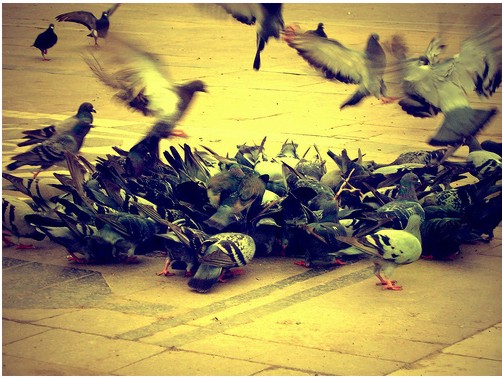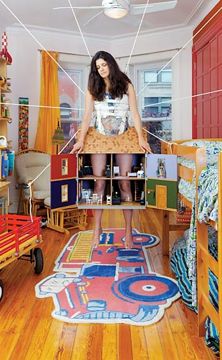This article in The Age resounded with me – Surely there’s a better test was written by Alexandra Adornetto, Year 12 VCE student at Eltham College and, at 17, already an author of a popular children’s trilogy starting with The shadow thief.
Of Alexandra’s initial questions,
How have I been shaped by my learning experiences? What skills have I developed that are valuable and transferable in the workplace? What lessons have I learned about the value of education?
– I wonder most about the last one: What lessons have I learned about the value of education? Or even, what have I learned about learning?
Alexandra’s answer is negative; she sees students having to work
within a system that reduces achievement to a game where strategies are more important than ideas.
Her cynicism flows from the fact that
the sum total of my education will soon amount to nothing more than a figure — an ENTER score that will determine which percentile I fall into statewide and which courses I will be eligible to apply for.
I agree with Alexandra when she says that
the system fails to recognise the diversity of skills and most subjects do not allow students to demonstrate skills in a form other than a written exam.
I’ve started reading Rethinking rubrics in writing assessment by Maja Wilson, which, at one point, talks about decontextualised teaching of literacy through ‘separate literature, speech, and composition courses’. In the past ‘Reading, speaking, and writing were simply a means to dialogue with professors, peers, and the community at large about matters of public interest.’
Andrea Lunsford (1986) describes an integrated, language-rich environment that supported powerful literacy.
Classroom activity… was built around “oral disputation.” One student chose and presented a thesis, often taken from reading or class discussion, and defended it against counterarguments offered by other students and the teacher. In addition, students regularly gave public speeches on matters of importance to society, in forums open to the entire college and the surrounding community… the students learned more from their peers than from their teachers … this model of oral evaluation and the form of student speaking societies provided an audience, a full rhetorical context, and motivation for discourse, features woefully lacking in later “set” essays and written examinations.
Maja Wilson goes on to imagine how ideal this kind of learning would be. This would be the antithesis of the VCE as we know it, and as described by Alexandra. Instead of receiving ‘a static score from faceless evaluators’, a student could receive a type of assessment ‘not to rank’ the written content, but purely as feedback to aid learning and develop abilities.
Assessment would be free to interact positively with learning since ranking … was not its main objective.
In her article, Alexandra goes on to point out the many skills students possess in activities they do outside of school which are not taken into consideration in the VCE assessment.
Life skills, innovative ideas and community involvement — what intelligent nation needs these? It’s obviously much safer to work towards the goal of conformity. Here is just the beginning of a list of skills that exam results cannot possibly hope to reflect: interpersonal skills, the ability to entertain, how articulate we are as speakers, our ability to work as part of a team, the ability to deal with challenges and invention.
I’ve often thought the same, and when I see the curriculum packed to bursting with content that teachers struggle to cover, I’m not surprised that they often lament the lack of time to develop important skills.
It doesn’t take long to figure out that our current system does not reward creativity or cater to the diversity of skills and abilities possessed by students. What it does reward are formulaic learners and those with a good memory.
I don’t claim to be an expert, but I noticed a difference between, for example, the Psychology course offered within the VCE and that within the International Baccalaureate. VCE Psychology seemed to be largely a matter of content memorisation, whereas IB Psychology involved higher order thinking.
Alexandra comments:
Other knowledge-based subjects such as legal studies, psychology and history ask us not to apply knowledge but simply to recall and regurgitate the contents of our hefty textbooks.
It’s interesting how Alexandra’s suggested solutions harken back to the older system of assessment described by Wilson in her book:
Clearly an overhaul of the current system with a review of its goals and objectives is in order. Until universities take a radical look at their selection procedures, nothing is likely to change. How much more sensible would it be to include an oral exam (where you might talk through your ideas or your achievements) as a percentage of our final assessment?
I like the way Alexandra thinks, I like her suggested alternatives:
Perhaps the presentation of a folio of achievements would go a long way in presenting us as individuals with a unique contribution to make. Perhaps a hands-on project in a preferred area of study should be a compulsory assessment task.
Yes, Alexandra is cynical about the merits of VCE, and grim in her description of the final exams:
As for us, we will be writing furiously for three hours, surfacing only to check the clock and take periodic sips from our water bottles from which we have assiduously removed the labels in compliance with yet another inane regulation, designed to eliminate cheating.
What do you think? Is she being too harsh?
As for me, I hope that this year’s VCE students will at least be able to demonstrate the extent of their study efforts, not like the poor girl during this year’s English exam whose watch stopped, freakishly, at the same time as the wall clock, and was caught out at the end with only two thirds of her examination paper completed. So much frustration and upset – two years of effort spoiled by a fateful turn of events.
I recommend The English Companion ning which has a rich discussion between Maja Wilson and educators of her book.


